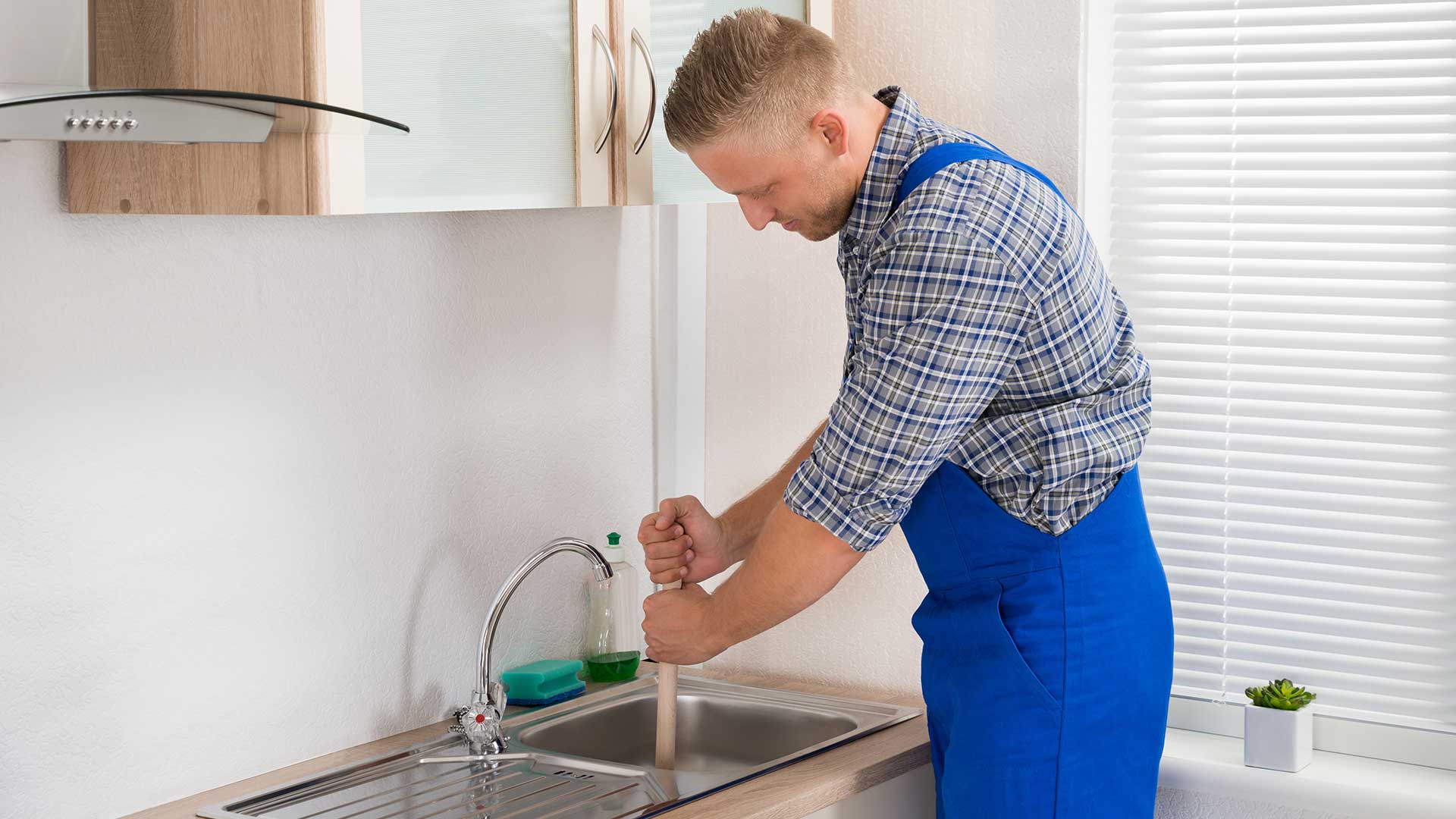According to statistics, the toilet accounts for approximately 30% of a Canadian’s everyday water consumption, discharged into the sewage system. Consider that an average Canadian is using 329 liters of water per day. The 30% going to the toilet shows a significant waste. With these statistics in mind, say there’s an obstruction in the plumbing system, expect the following to happen:
- Your sewage pipe could become blocked, requiring costly and time-consuming repair work. You may be required to cover the expenses for the sewer line replacement. Because all of your pipes will ultimately back up, you risk contaminating your residence with toxic sludge.
A clogged sewer line is a major inconvenience – it hurts the plumbing throughout your entire home and causes significant damage. Check out this list for some of the common signs that your home’s sewer pipe is clogged. The good news is that you can play a role in preventing clogged drains in your home. This article shows you how to avoid blocked drains in your plumbing system.
Tips for Avoiding Clogged Drains
1. Do Not Wait for the Main Line to Get Blocked
When you’re having trouble with your drain, you might want to think about hiring a drain cleaning service to help you out. While this may appear to be a good solution, you may be overlooking the true source of the problem. There are instances where you will require the services of a drain repair company. As a result, the most prudent course of action would be to contact a plumber. A professional plumber uses a closed-circuit television (CCTV) to detect the source of the problem and, as a result, provide an effective solution- saving you a significant amount of money in the long run.
2. Don’t Flush Leftover Cooking Oil and Grease Down the Toilet or Drains
Some homeowners believe that discarding their used cooking oil inside the sink isn’t a big issue. This way of thinking is because cooking oil is not a solid substance- however, the fact remains that it can adhere to the inner part of the pipelines. This oil will stay on the surface and thus will continue to accumulate over time as they trap tiny solid food particles that find their way into the sink. A clogged drain is the end product. To resolve this issue, dispose of used cooking grease by putting it in a jar or can. After you’ve finished filling your vessel, you can dispose of it in the dustbin.
3. When Running the Garbage Disposal, Use Plenty of Cold Water
We don’t recommend disposing of food leftovers in the kitchen sink, yet it happens. That’s why garbage disposals are installed under sinks.
A garbage disposal unit is a gadget under the kitchen sink. The equipment’s work is to shred your food scraps. With this gadget, waste will readily pass down the drainage easily.
Whenever you utilize this device, you can take an extra step. And it is pouring cold water while the garbage disposal is still running. The water will flush the scraps down the drain.
And one more thing- the same goes with grease- it can also enter the garbage disposal unit. That can cause detrimental effects on your unit. So, when using this equipment, dump ice into the sink. The ice’s function is to cool and break the oil in the device.
4. Avoid Flushing Hair Down the Drains
When hair and soap combine in a drain, they form a clog that can be difficult to clear, necessitating the services of a cheap plumber Toronto. The plumber usually uses a drain snake to break the buildup. Here are some suggestions to keep drain blockages from occurring in your home: Maintain a clean and hair-free drain system. When not in use, use a stopper cork in the bathtub and close the drain cover on the sink when not in use. If you have long hair, consider wearing it up while showering to prevent it from becoming entangled in the drainpipe.
5. Don’t Use Chemicals to Clean Your Drains
Even though drain cleaners are excellent at clearing obstructions and eliminating debris, they are exceedingly damaging to the environment. If you use a chemical drain cleaner for the first time, the likelihood of causing harm to your pipes is low. However, these products’ persistent and vigorous application can cause holes to grow in the steel, resulting in leakage and blockage by the covering soil.
6. Avoid Flushing Kitchen and House Waste in the Toilet
Using the toilet inevitably means dealing with a lot of paper — and you might think it’s fine to flush other thin items, like sanitary pads since they’re small. However, sanitary pads consist of plastic and cotton, both of which you shouldn’t flush down the toilet because they do not decompose. Flushing these things can cause clogs in the pipes that lead to costly plumbing repairs — not to mention a disgusting mess.
You’ve just learned the art of keeping your home and family safe and your pockets full. Practice the principles we’ve applied and enjoy peace of mind for many years to come. If anything goes wrong and you see signs of clogged drains, these solutions, employed by a professional plumber, will restore your plumbing system to its optimum state.

“Proud thinker. Tv fanatic. Communicator. Evil student. Food junkie. Passionate coffee geek. Award-winning alcohol advocate.”

